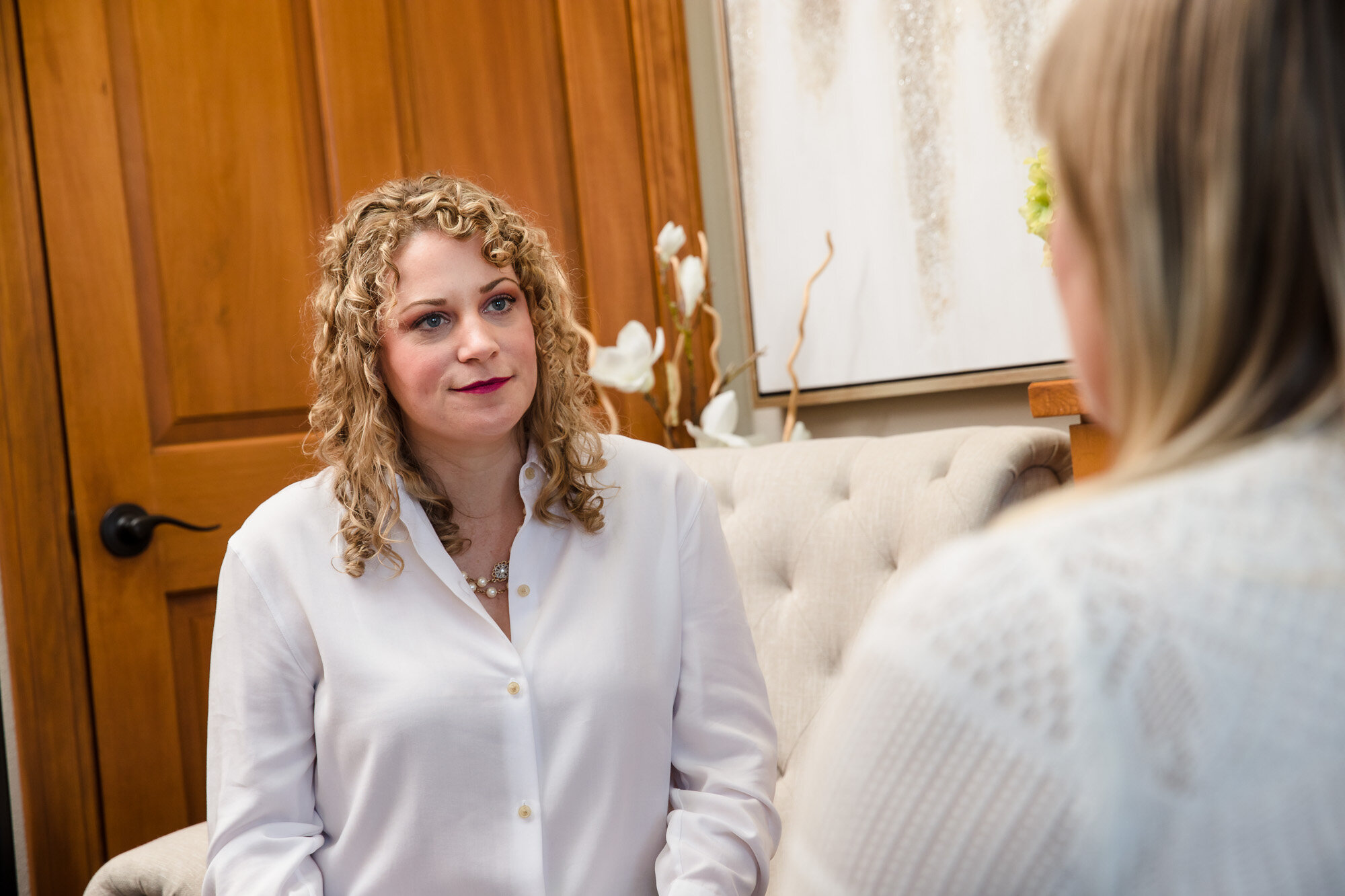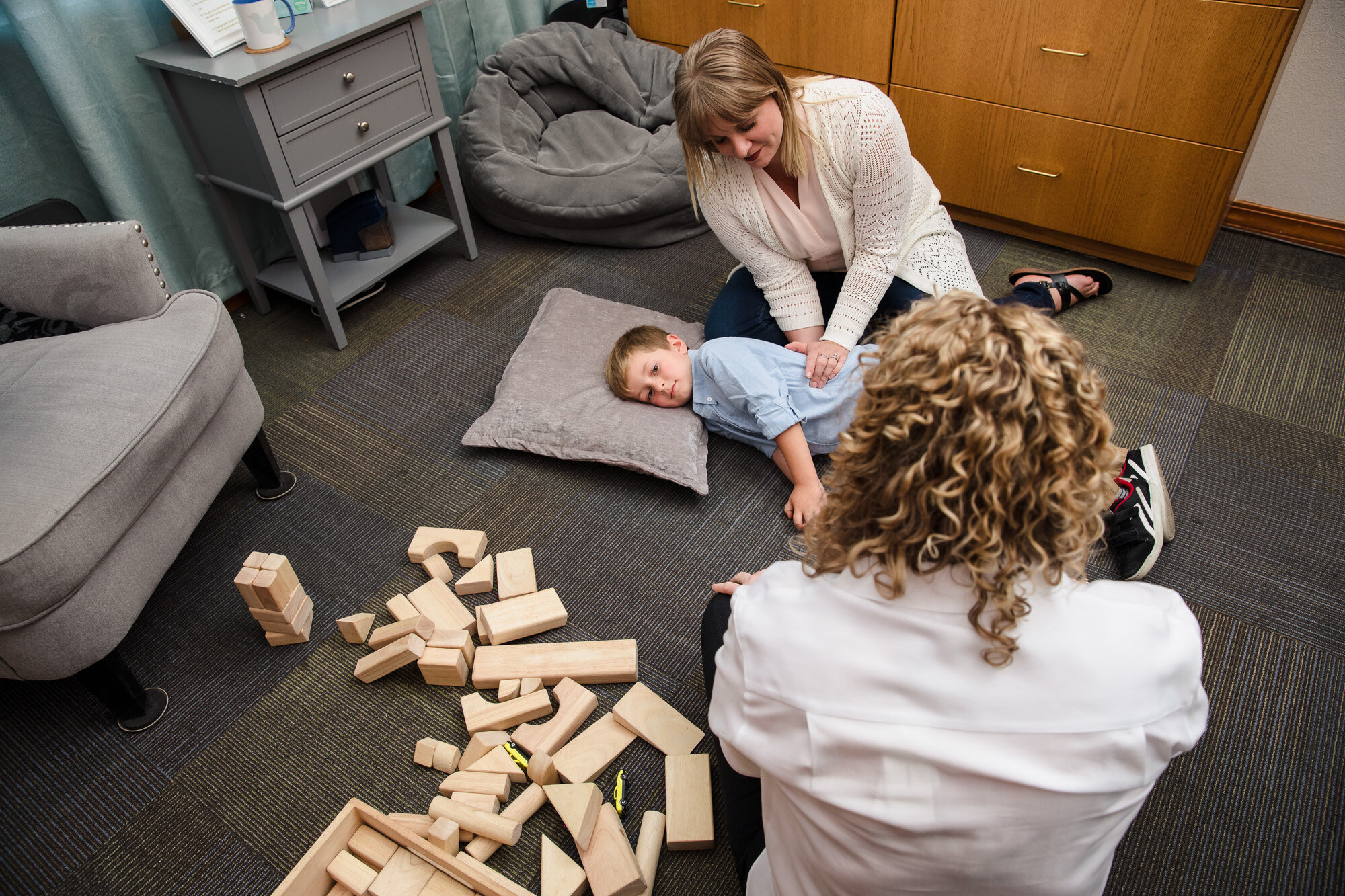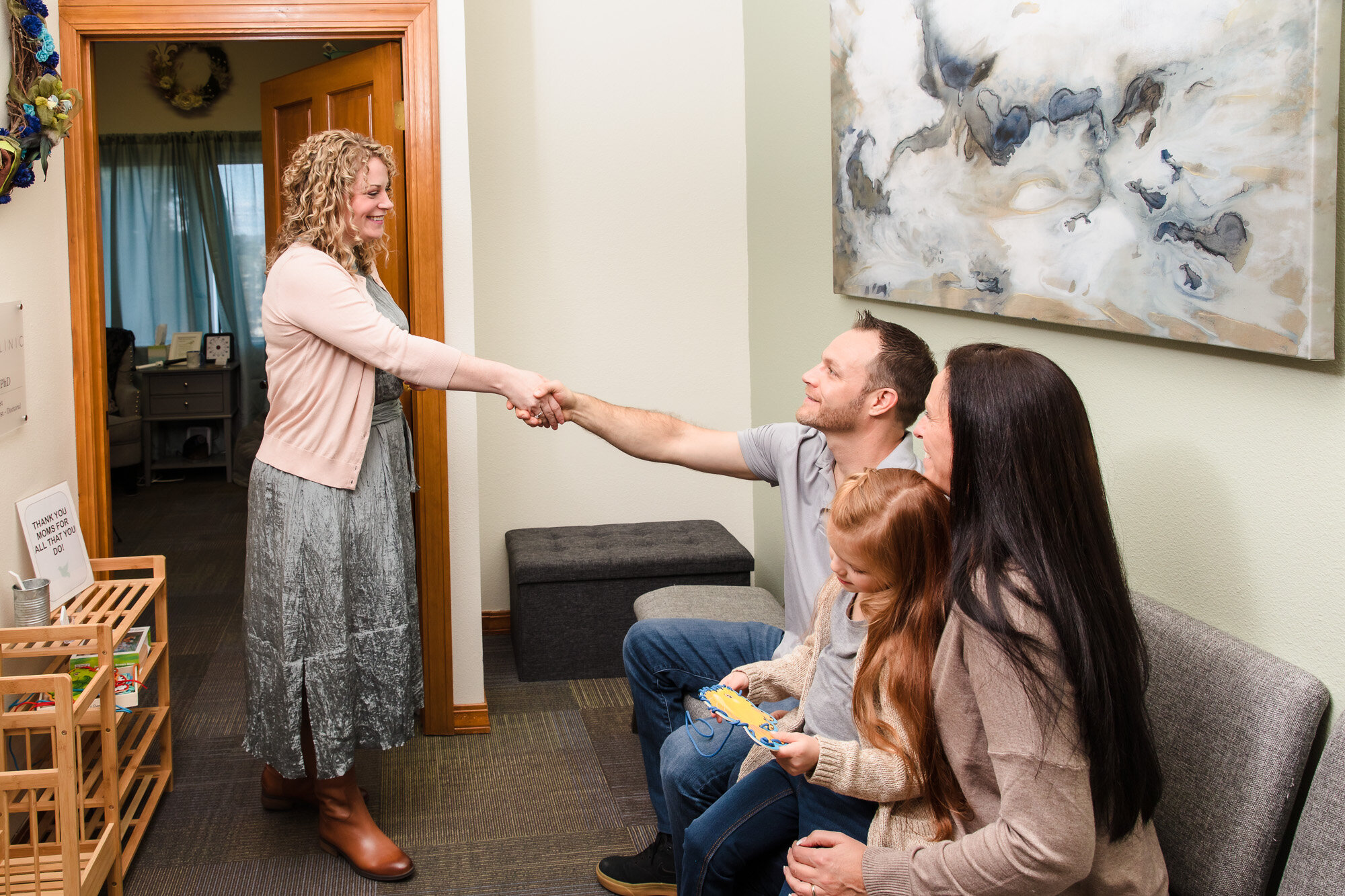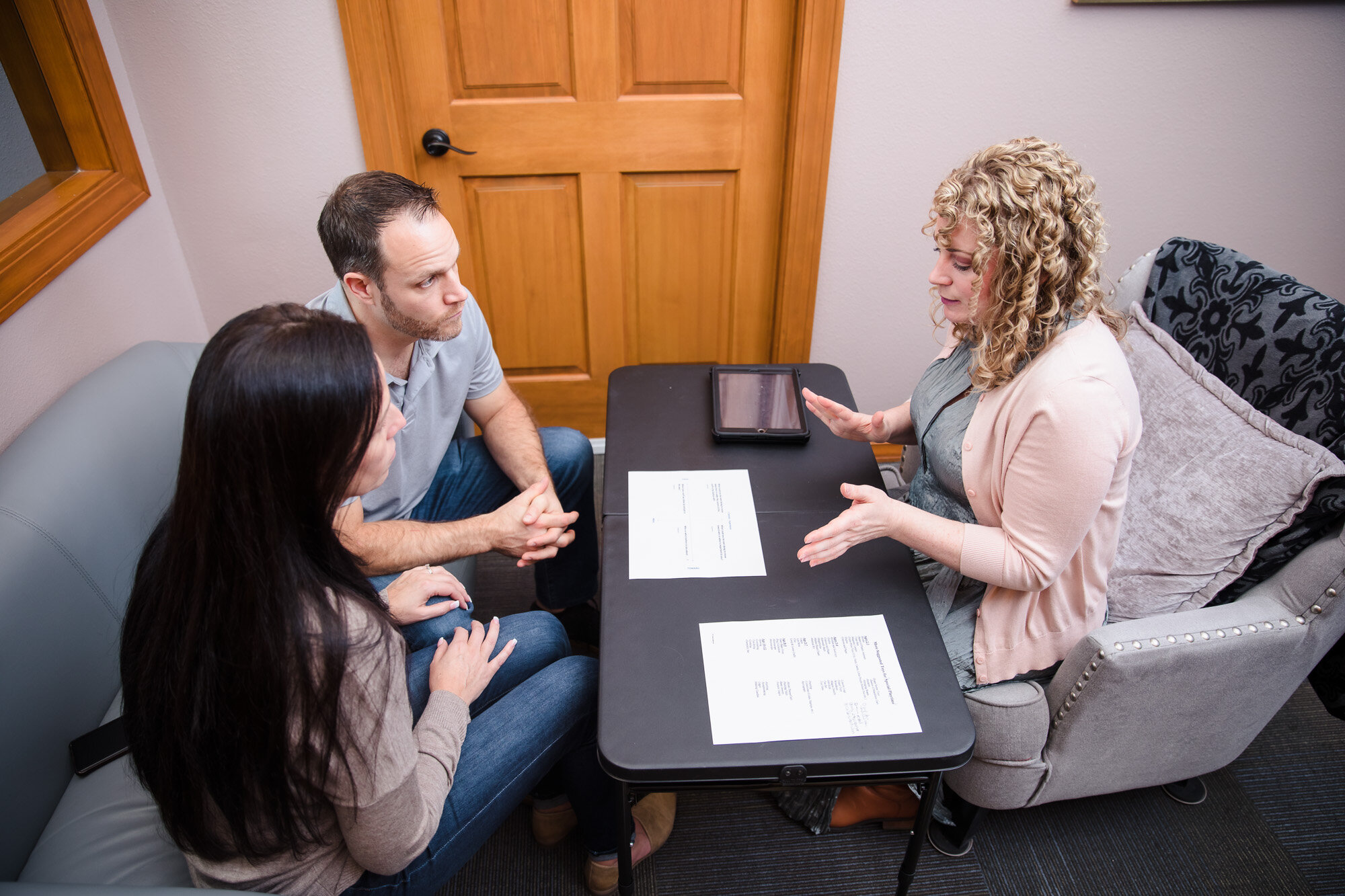What is a child neuropsychological assessment?
Neuropsychological evaluation provides answers and an action plan. It can help alleviate parental distress when mom or dad feel they aren’t able to help their child. It can also help the child’s confidence and motivation by reframing their difficulties as simple differences that can be addressed with targeted tools.
A neuropsychological assessment measures a child’s overall mental well-being, their behavior, emotions, problem-solving skills, perception, language, attention and memory. Neuropsychological testing helps parents, teachers, and family members better understand why a child may be having problems in school or at home and how to help him or her.
It’s important to remember that a neuropsychological assessment does not define your child. Children inherently have a unique set of strengths and weaknesses. A neuropsychological assessment helps determine a diagnosis in order to receive all of the services and accommodations that will help a child meet their ultimate potential inside and outside of school.
Through a comprehensive neuropsychological assessment, Dr. Blevins is able to provide specific recommendations and treatments that are the most effective and tailored for your child and family. She tests children ages 2 through 22 years old. Recommendations include specific specialized instructional strategies in the classroom to align with your child’s school’s efforts to implement IDEA or a 504 plan. Recommendations also cover chores, hygiene, homework, social skills, emotion regulation, behavior management strategies, family coping, and other important domains of life at home and in the community.
Dr. Leslie Blevins
Dr. Blevins is trained as a school psychologist at the doctoral level, which means she has intensive training with diagnosing a range of mental health and neuropsychological disorders, learning disabilities, autism spectrum disorder, and neurodevelopmental and other childhood disorders.
“Dr. Blevins assists individuals and families in determining what areas need growth but also what areas are strengths and how we can move towards more joyful living with a commitment for positive change. I am very confident in sending my clients for testing for Autism Spectrum Disorder or other disorders that may present in my therapeutic encounters that need additional assessment. With permission from mutual clientele we serve, I have received copies of Dr. Blevins’ evaluative reports back and they are very thorough and concise. Dr. Blevins’ assessments provide realistic intervention strategies for the individual, family, school personnel, and provider(s) to use to create goals to implement change. Dr. Blevins is passionate about her work and she is willing to take the time to engage in authentic discussions that assist in making improvements in our community in the mental/behavioral health field.”








